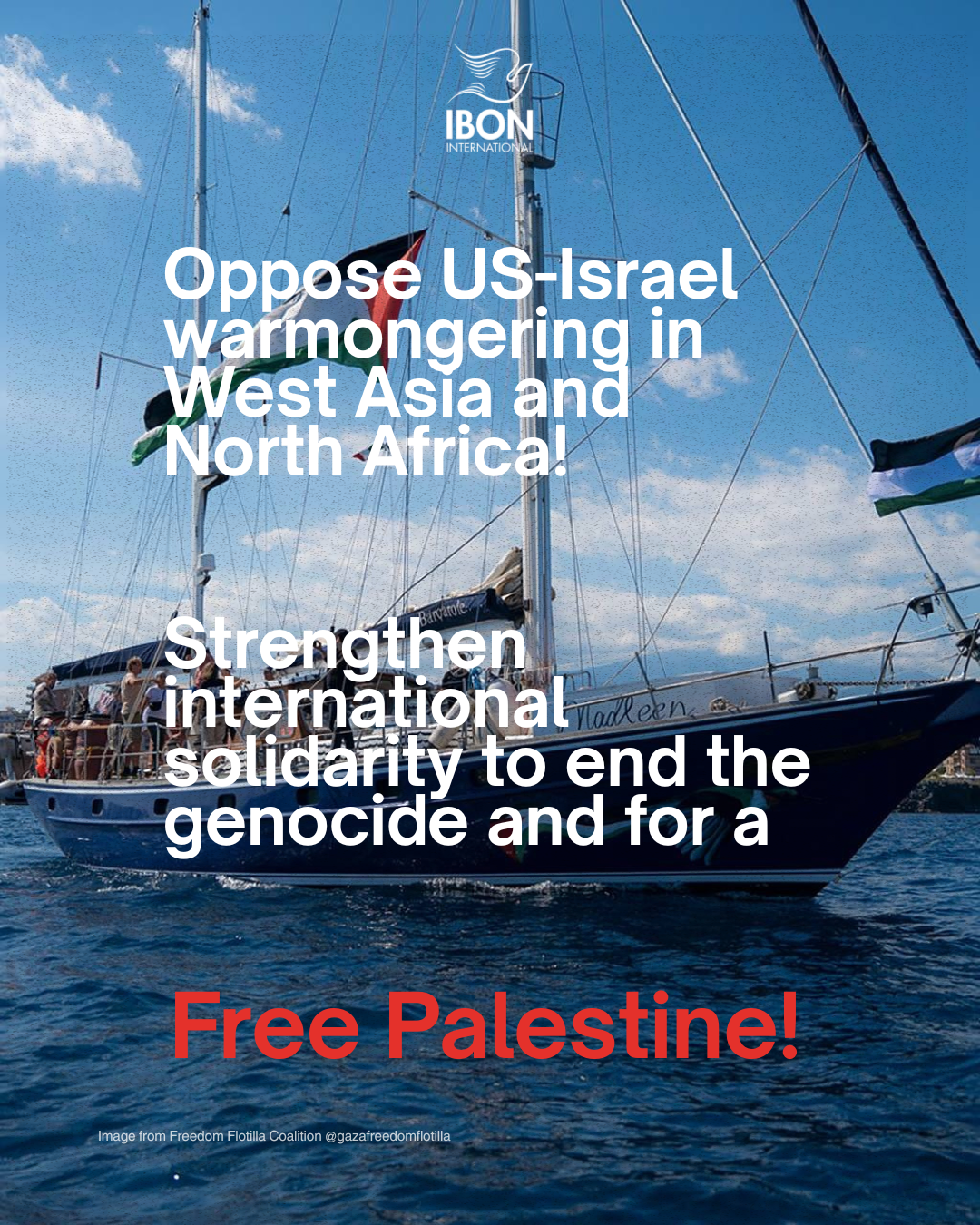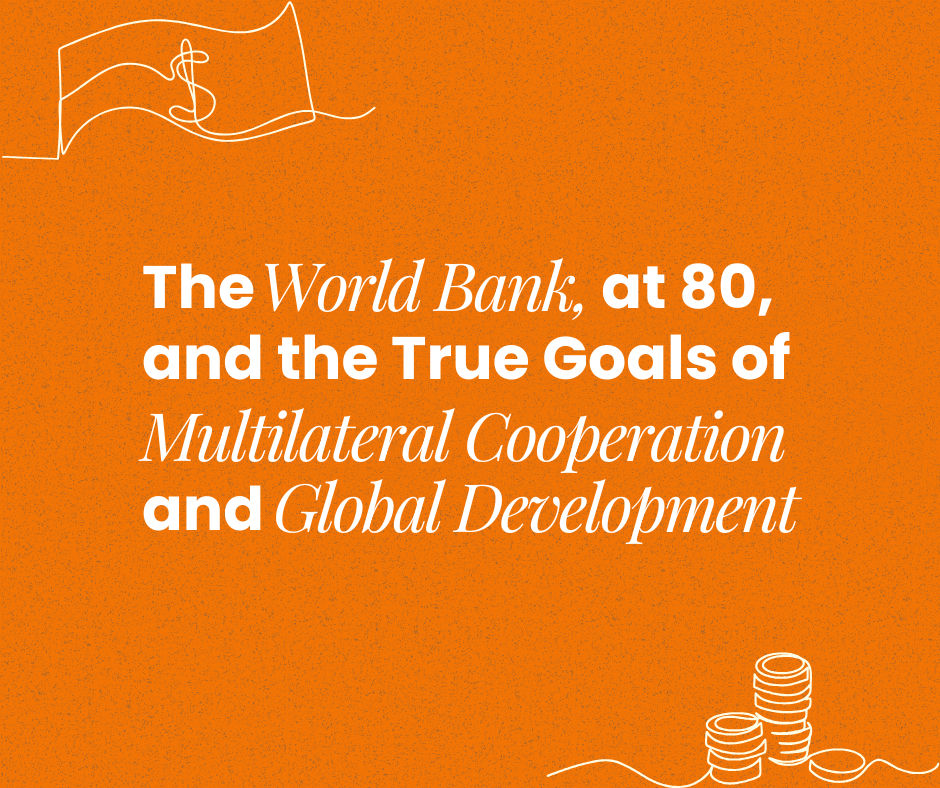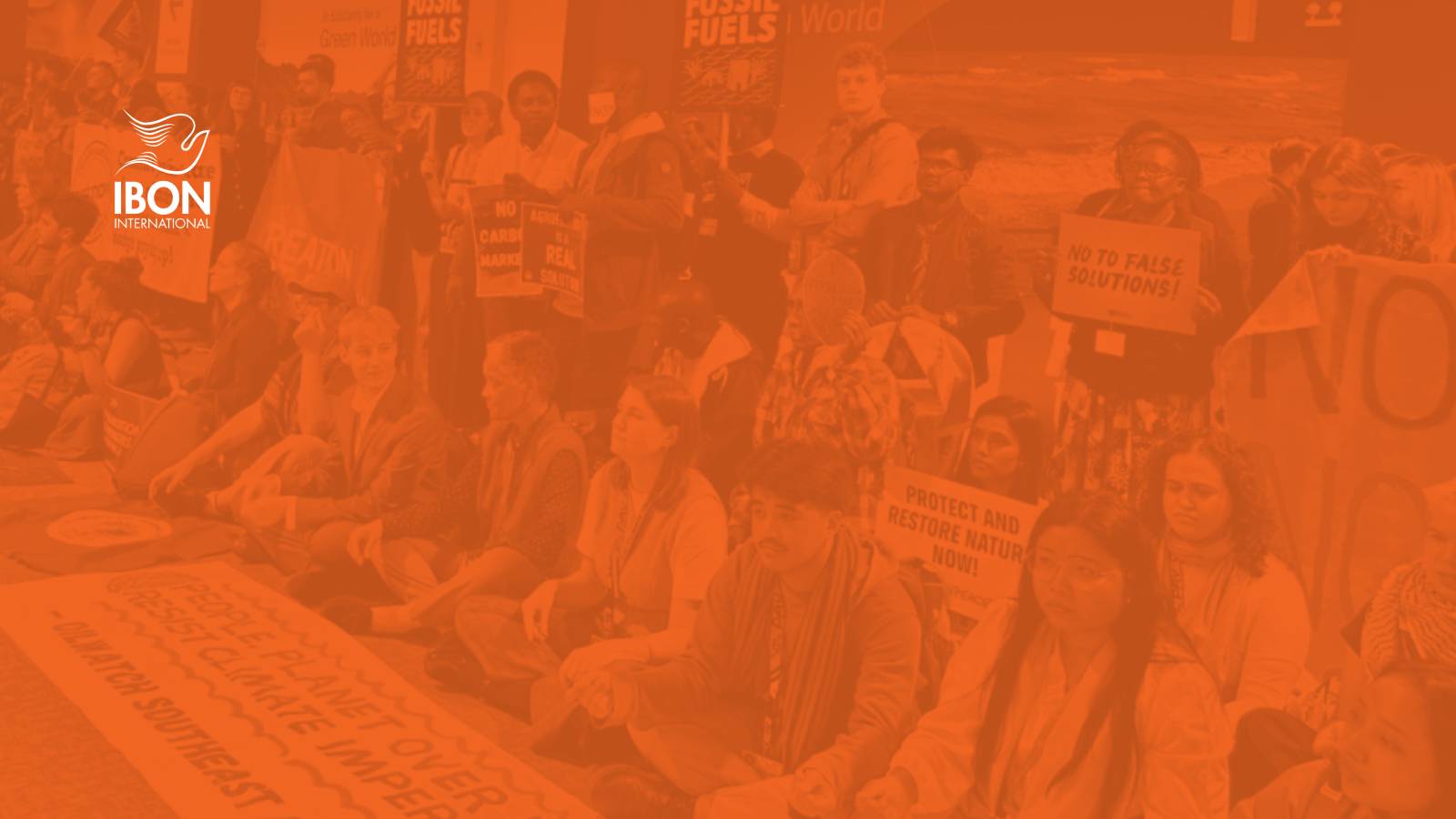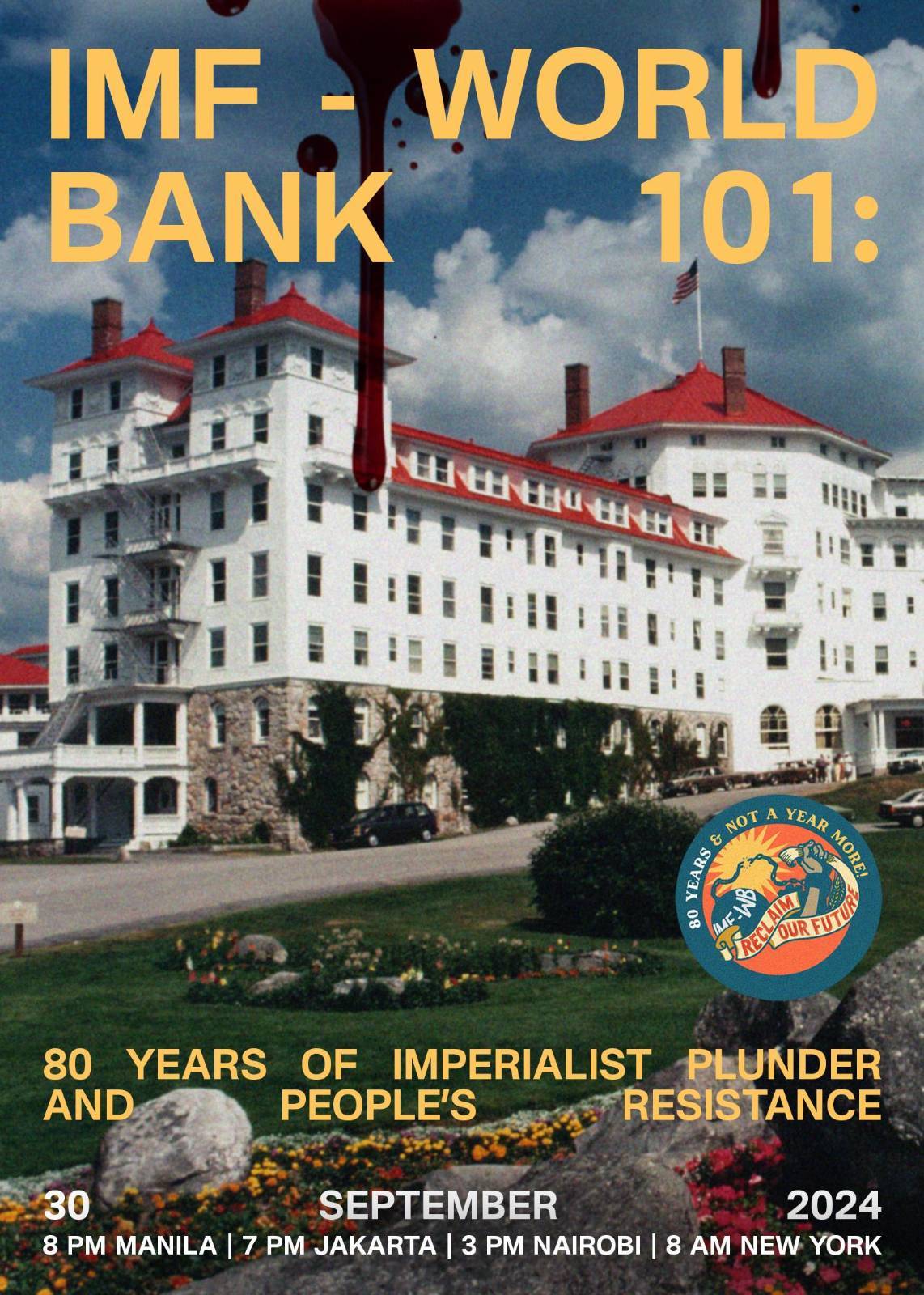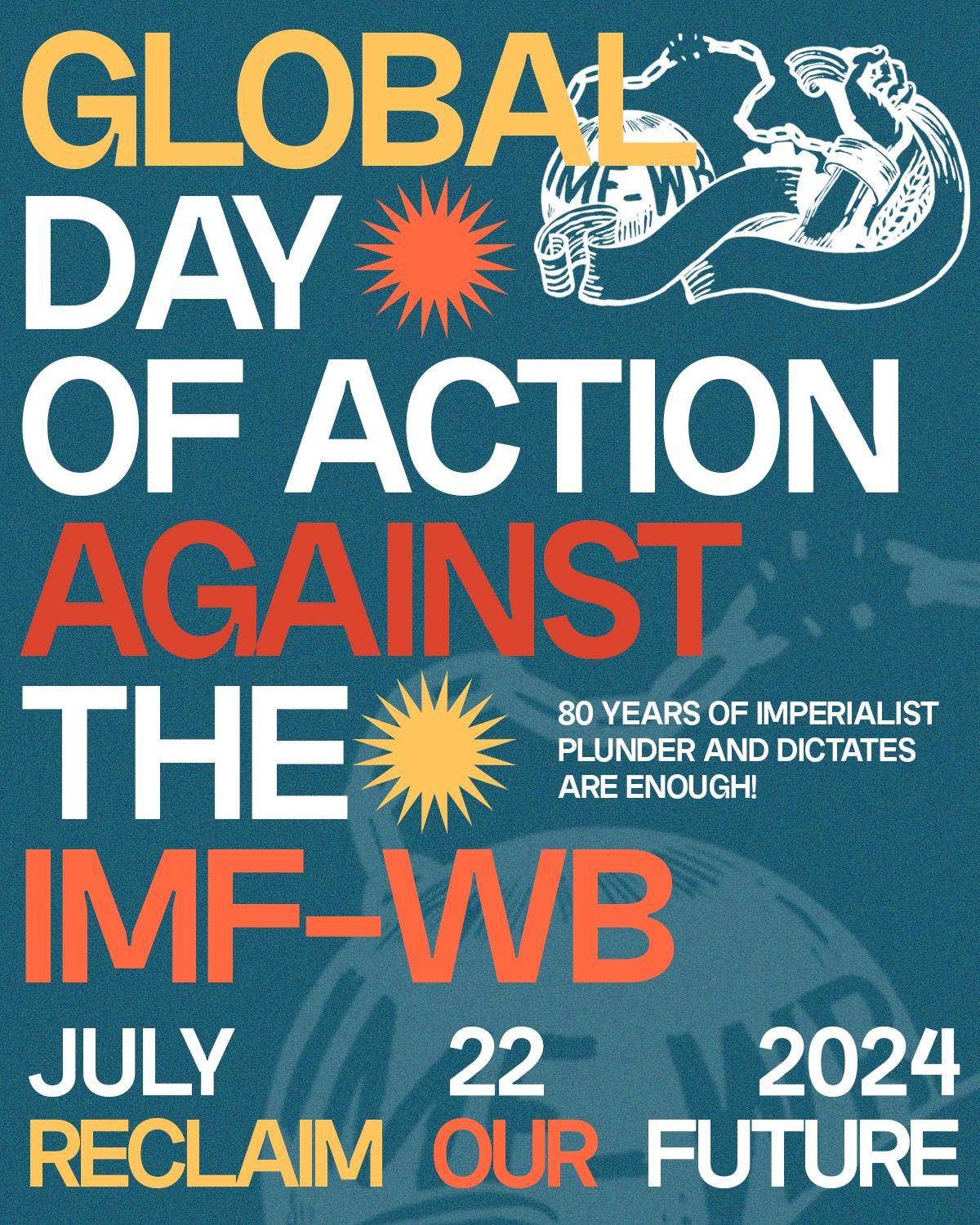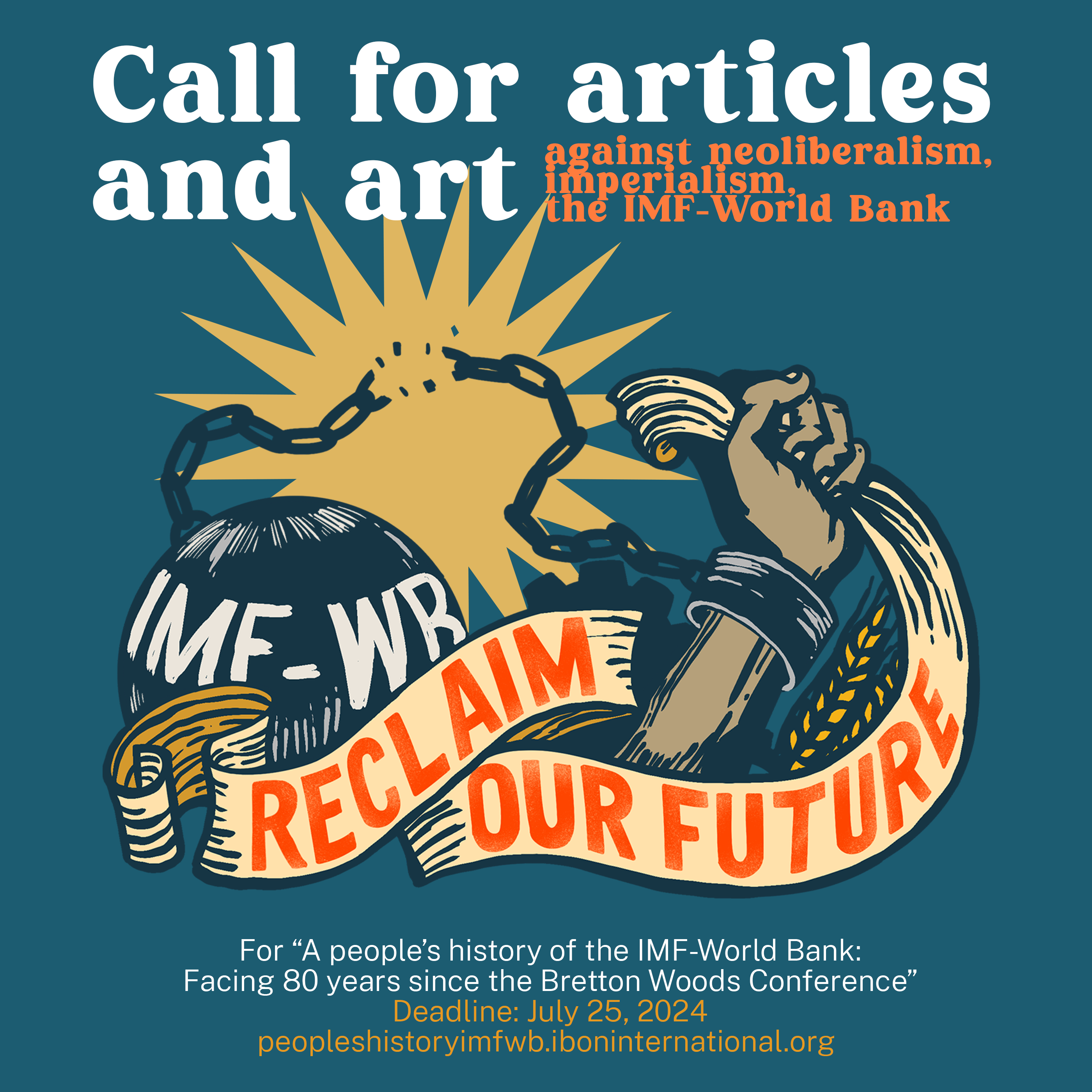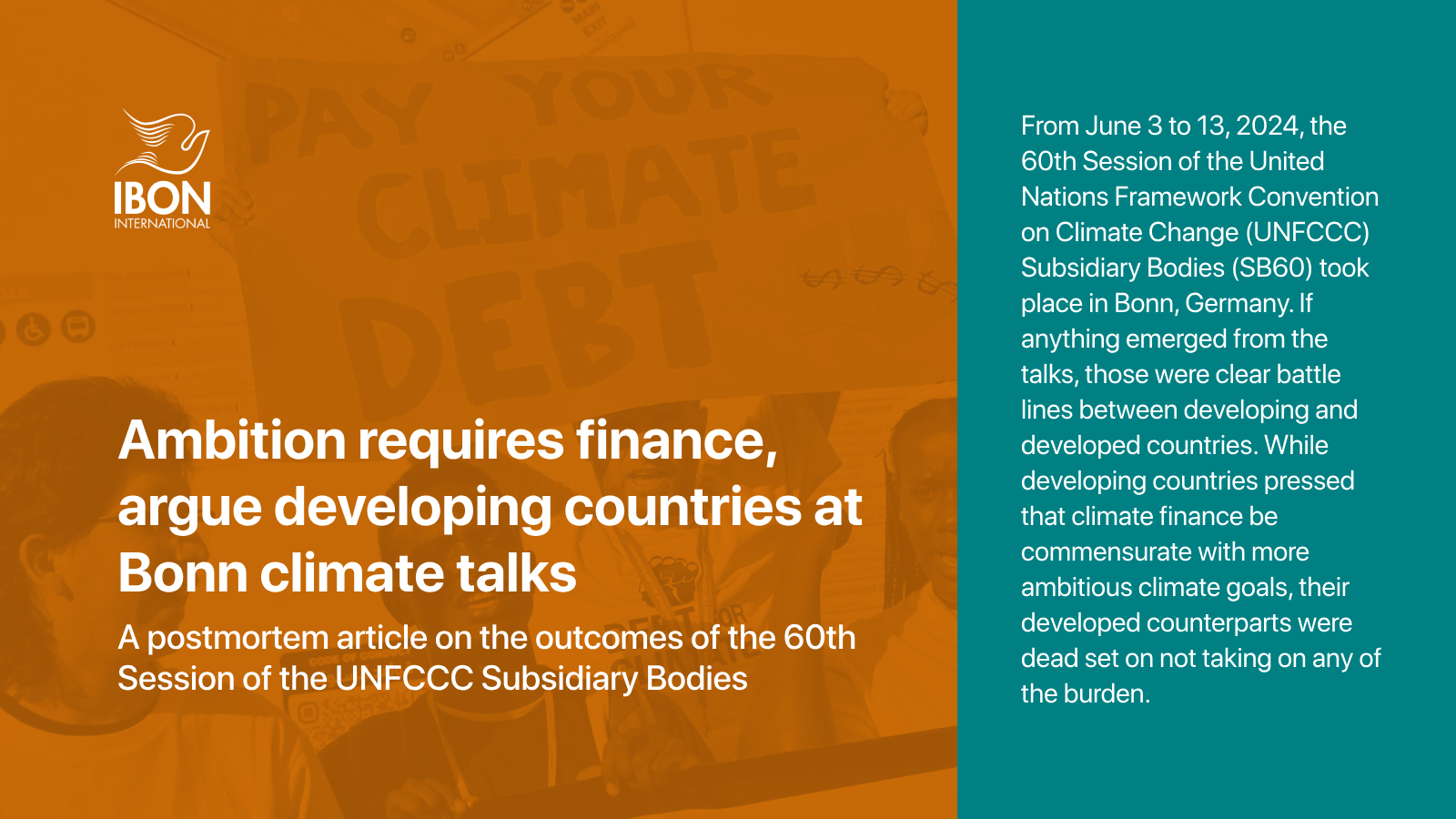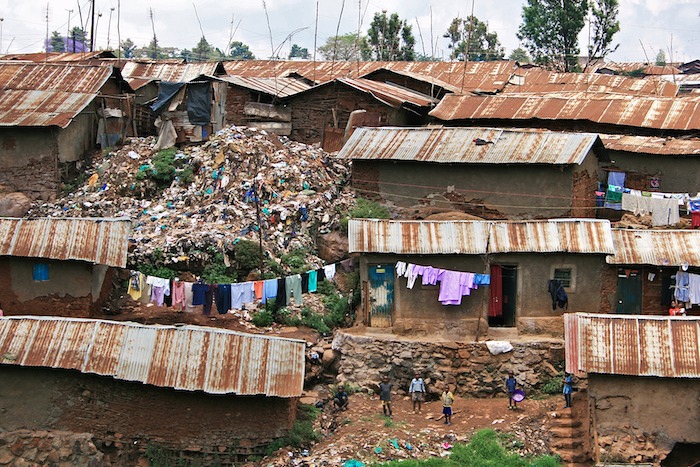The following was delivered by Executive Director Jennifer del Rosario-Malonzo on behalf of the Civil Society Financing for Development Mechanism as an intervention to an interactive discussion on international development cooperation. The session was part of the Second Preparatory Committee for the Fourth Conference on Financing for Development held on 3-6 December 2024 in New York.
We welcome references in the Elements Paper, which we would like to see in the final outcome, about setting “concrete and binding timeframes” on existing Official Development Assistance (ODA) targets; and about country programmable aid and increased use of budget support. Long-standing commitments on ODA quantity, quality and impact, repeated over the years, could be the building blocks of more ambition at Fourth Finance for Development Conference (FfD4) through a binding UN Convention on International Development Cooperation that establishes obligations instead of voluntary promises.
We strongly endorse Zambia’s proposal to agree on a Convention on International Development Cooperation including a mechanism to fulfil aid debt. We also welcome the call of G77 and China for a transparent and inclusive process under the UN to agree on an understanding of parameters and objectives of ODA flows.
FfD4 should agree on broadening the normative role of the UN in development cooperation through a Convention. We are encouraged by the inclusion of a section on reforming the architecture in the Elements Paper, but the proposals do not match the heading’s ambition and merely reiterate the undemocratic, outdated status quo. The development cooperation architecture urgently needs fundamental changes to democratize governance and ensure transparent, accountable and inclusive decision-making. At present its governance, whether north-south, south-south or triangular, is needlessly fragmented and should be reimagined.
The question of governance is also relevant to the reform of multilateral development banks (MDB). The proposals in the Elements Paper on MDBs fall short on this. We endorse the call of member states like the G77 and China and Brazil, for a review and reform of MDBs. We call on the UN to establish an intergovernmental process on MDBs as a more democratic space to discuss MDB governance reforms, the mandate of the institutions and accountability, towards an overhaul of the international public finance architecture. The FfD process is not a place to endorse decisions taken by a selective and self-appointed group of countries, like the G20.
Moreover, country democratic ownership must be upheld. We emphasize that Southern countries should lead their development and financing strategies, not just their development cooperation plans. The UN has a role to play in revitalizing the effectiveness agenda and universalizing the principles of development effectiveness, including respect and protection of the role of CSOs as development actors amid threats to civic space and human rights. #


